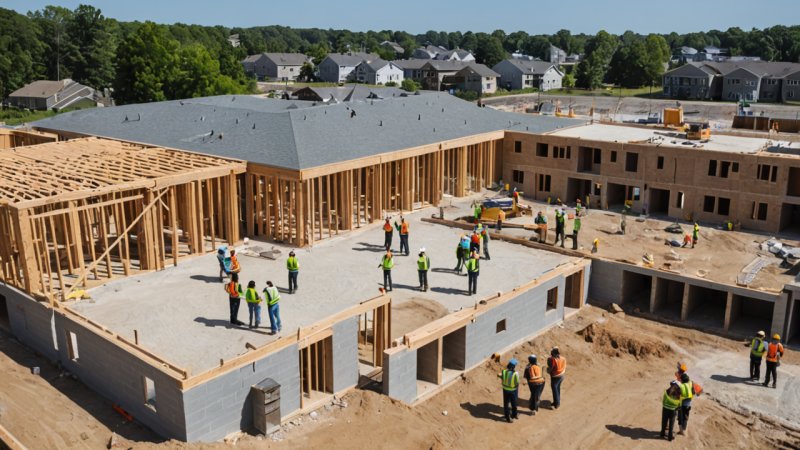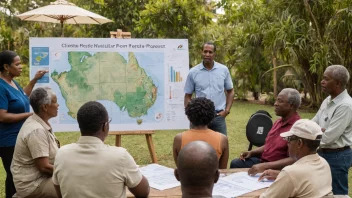In this fictional interview, we explore the insights of Dr. Maria Jensen, an imagined expert in community development with over 20 years of experience working with non-profit organizations focused on housing solutions. Dr. Jensen holds a Ph.D. in Urban Studies and has collaborated with various governments and NGOs to implement effective housing projects around the world. Her expertise sheds light on the importance of housing initiatives in fostering community growth and resilience.
Understanding Housing Projects
Interviewer: Dr. Jensen, could you explain what you mean by housing projects in the context of community development?
Dr. Jensen: Absolutely! Housing projects refer to organized efforts aimed at providing affordable and sustainable housing to communities, particularly those facing economic hardships. These projects are essential because they not only offer shelter but also create a foundation for social stability, health, and economic opportunities. When people have a safe place to live, they are more likely to engage in their communities, pursue education, and find employment.
The Multifaceted Benefits of Housing Initiatives
Interviewer: What are some of the key benefits that housing projects bring to communities?
- Economic Growth: Housing projects stimulate local economies by creating jobs during construction and providing permanent employment opportunities in the community.
- Health Improvements: Access to adequate housing significantly impacts physical and mental health. It reduces stress and exposure to environmental hazards.
- Social Cohesion: Housing developments can foster a sense of belonging and community pride, encouraging residents to support one another.
- Education Access: Stable housing can improve educational outcomes by allowing children to attend school regularly and stay in one place long-term.
Challenges and Solutions
Interviewer: What challenges do housing projects often face?
Dr. Jensen: Housing projects can face numerous challenges, including funding shortages, bureaucratic red tape, and community opposition. However, successful initiatives often employ innovative solutions such as public-private partnerships, community engagement strategies, and sustainable building practices. It's crucial to involve the community in the planning process to ensure that their needs and preferences are addressed.
How Individuals Can Get Involved
Interviewer: For individuals who want to contribute to housing projects, what steps can they take?
Dr. Jensen: Individuals can make a meaningful impact by volunteering with local organizations that focus on housing solutions. They can also advocate for policies that support affordable housing and participate in community meetings to voice their opinions. Additionally, educating oneself and others about the importance of housing in community development can amplify collective action.
The Future of Housing Projects
Interviewer: What do you envision for the future of housing projects in community development?
Dr. Jensen: I see a growing recognition of the importance of affordable housing in addressing broader social issues, such as poverty and inequality. As we move forward, I believe that integrating technology and sustainable practices into housing development will become increasingly important. More innovative designs, like co-housing and eco-friendly buildings, can lead to stronger and more resilient communities.
Final Thoughts
Interviewer: Any final thoughts on the role of housing in community development?
Dr. Jensen: Yes, I would like to emphasize that housing is a fundamental human right. It is essential for individuals to feel secure and supported in their environments. By prioritizing housing projects, we can build stronger communities that thrive economically, socially, and environmentally.






